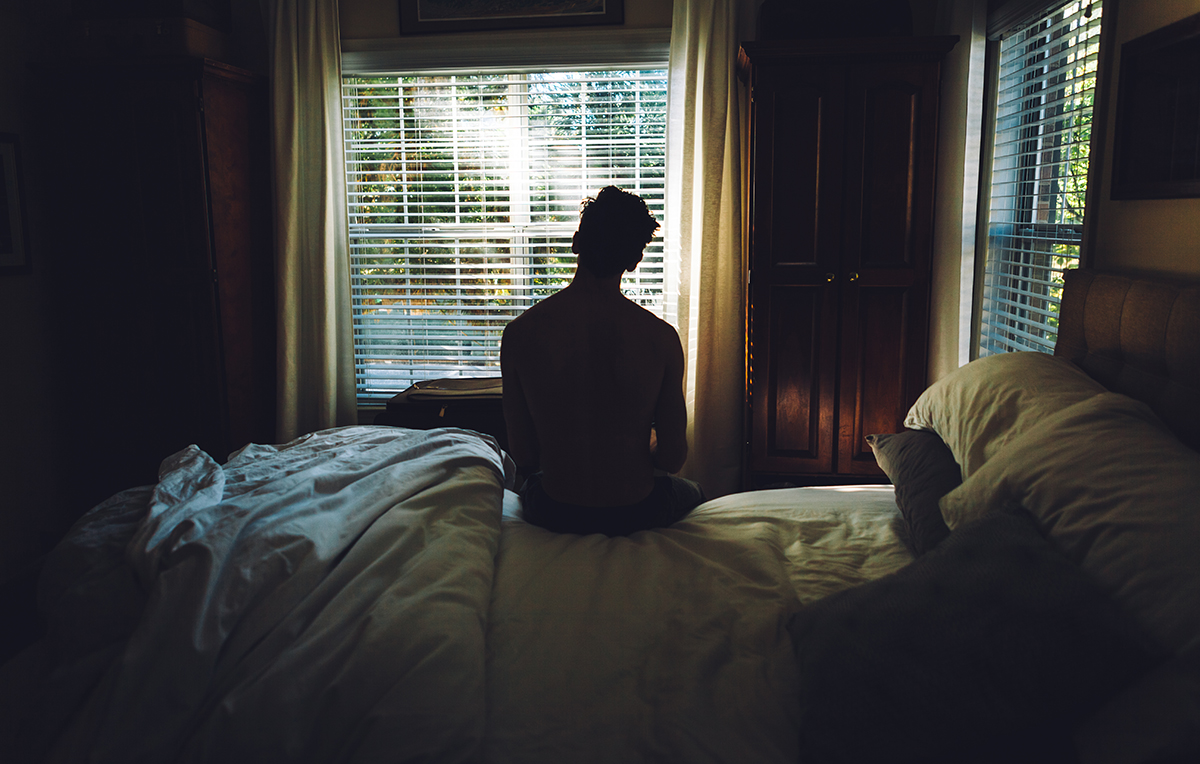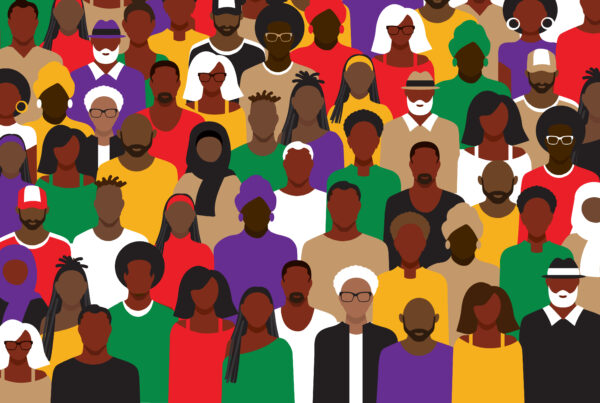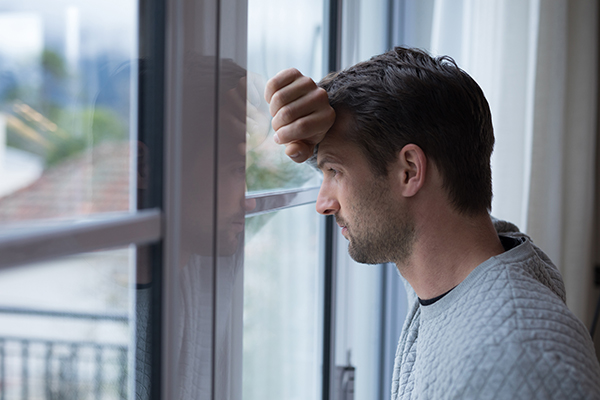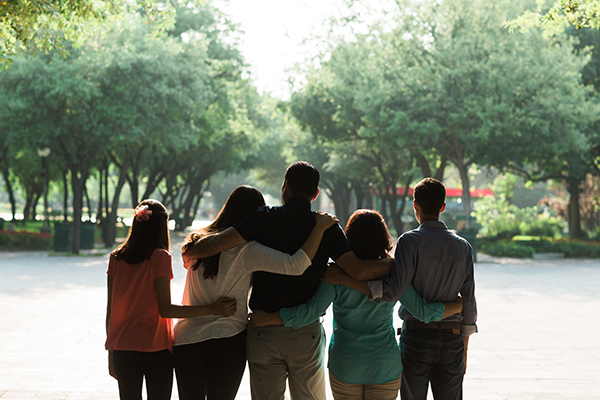Anyone who has experienced the impact of trauma knows it can shake us to our core. It can leave lasting marks that show up in every area of our lives. One area that often sees a big impact is sleep. For many who have experienced trauma, sleep is anything but restful. Trauma can disrupt healthy sleep in different ways. There are strategies, however, that can help you get better sleep over time.
The path to better sleep requires patience, self-compassion, and, sometimes, professional support. But it is possible to reclaim the gift of a peaceful night’s rest.
How Does Trauma Affect Sleep?
What was once an opportunity for peace and rest becomes a troubling experience. Those who have gone through trauma often have nightmares about what happened. These bad dreams can disrupt sleep. Trauma can also result in avoidance of sleep entirely from fear of re-experiencing the trauma in their dreams. Trauma can lead to heightened anxiety and this can make it hard to relax into sleep. Due to the anxiety, fear, and disruption, the sleep of trauma survivors is often shallow and broken up. It’s not deep and restful, leaving them to feel tired during the day.
Strategies to Get Better Sleep After Trauma
The good news is that struggles with sleep can improve over time. Here are some tips to keep in mind if you are having trouble sleeping:
- Keep a sleep schedule. Aim for the same bedtime and wake up time every day.
- Don’t use phones or tablets before bed.
- Make your bedroom quiet, dark, and not too hot or cold.
- Avoid caffeine late in the day.
- Do breathing exercises, relax your muscles, imagine calming scenes, or meditate before bed to lower stress.
- Seek therapy to work through the trauma and get help with nightmares. The types of therapy proven by research are CPT, PE, and EMDR.
- Don’t nap during the daytime. This can make it tougher to sleep at night.
- Try music, art, or yoga to relieve trauma-related stress and relax your body.
- Get support from family, friends, support groups, or counselors. Sharing your story can help you face your fears and ultimately feel safer.
- Seek professional help. If sleep problems persist after the trauma has resolved, consider seeking cognitive therapy for insomnia, either in-person or a digital program.
- Be patient. Normal sleep usually takes some time to come back after trauma. Keep focusing on self-care.
Making Sleep Safe Again
Even with trauma shaking things up and disrupting sleep, it’s possible to take steps to heal. Learning about how trauma affects sleep is one of the first steps to making changes. With time, effort, and support, the grip that trauma has on sleep can be loosened.
Trauma survivors can slowly make sleep feel safe again. Things like healthy sleep habits, expressing feelings, relaxing the body and mind, and seeking therapy can help. Medicines might help in the short-term. But healthy routines, calming activities, and addressing emotions have longer lasting effects.
Restful sleep is possible again. Be patient and gentle with yourself. Keep up practices that promote calmness. As trauma survivors heal over time by getting help from counselors, family, and friends, sleep can once more become a restful place. That will help give strength for continued healing.




